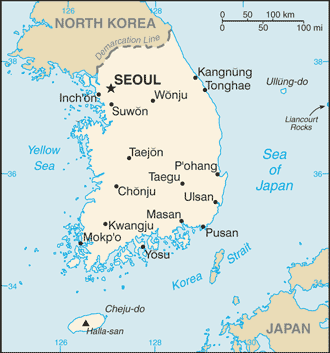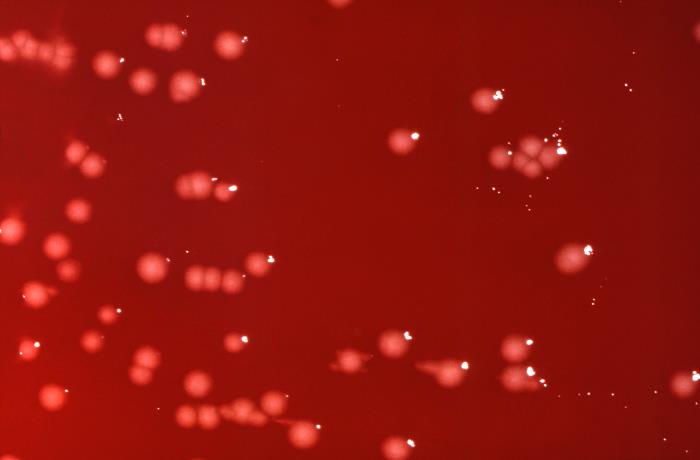A Seoul, S. Korea hospital is investigating the deaths of four infants in the neonatal intensive care unit (NICU), according to the Korean Centers for Disease Control (KCDC).

Image/CIA
In mid-December, antibiotic resistant Citrobacter freundii was found in blood cultures taken from the three infants prior to their deaths at the Ewha Womans University Mokdong Hospital, and their genetic sequence was found to be identical several days later.
A week later, KCDC announced that the same bacteria was confirmed in the administered total parenteral nutrition (TPN) injections, which is given to infants who have trouble eating to provide necessary nutrients.
Five out of 16 infants received the injections, resulting in four deaths.
The injections were administered using a central venous line, suggesting the possibility that they had been contaminated in their preparation.
“Combining the results of the epidemiological investigation by the Korea Centers for Disease Control and Prevention and those of the autopsies by the National Forensic Service, we have concluded that the four newborns died of sepsis, caused by an infection with Citrobacter freundii,” the Seoul Metropolitan Police Agency said.
The police said they would book five medical staffs on charges of involuntary manslaughter. The two nurses allegedly infringed on the duty of infection control while handling the injection of nutrient supplements. A chief nurse, a specialist, and an attending physician reportedly breached the duty of guide and supervision of the two nurses.
In addition, rotavirus was confirmed in environmental samples (incubator, blankets, etc.) from the NICU and samples from nine of the 12 infants. Eight of the nine viruses had the same genetic sequence (one pending). KCDC is closely monitoring the condition of the infants.
Related:
- North Korean defector riddled with bullets, parasites and hepatitis B expected to survive
- South Korea: 5 Sangmyung University students contract typhoid in India
- North Korea’s Bioweapon Program: What do we actually know?
- South Korea reports 4th imported cholera case from the Philippines

Image/CDC


Hello
SEO Link building is a process that requires a lot of time fo outbreaknewstoday.com
If you aren’t using SEO software then you will know the amount of work load involved in creating accounts, confirming emails and submitting your contents to thousands of websites in proper time and completely automated.
With THIS SOFTWARE the link submission process will be the easiest task and completely automated, you will be able to build unlimited number of links and increase traffic to your websites which will lead to a higher number of customers and much more sales for you.
With the best user interface ever, you just need to have simple software knowledge and you will easily be able to make your own SEO link building campaigns.
The best SEO software you will ever own, and we can confidently say that there is no other software on the market that can compete with such intelligent and fully automatic features.
The friendly user interface, smart tools and the simplicity of the tasks are making THIS SOFTWARE the best tool on the market.
IF YOU’RE INTERESTED, CONTACT ME ==> [email protected]
Regards,
Chiquita